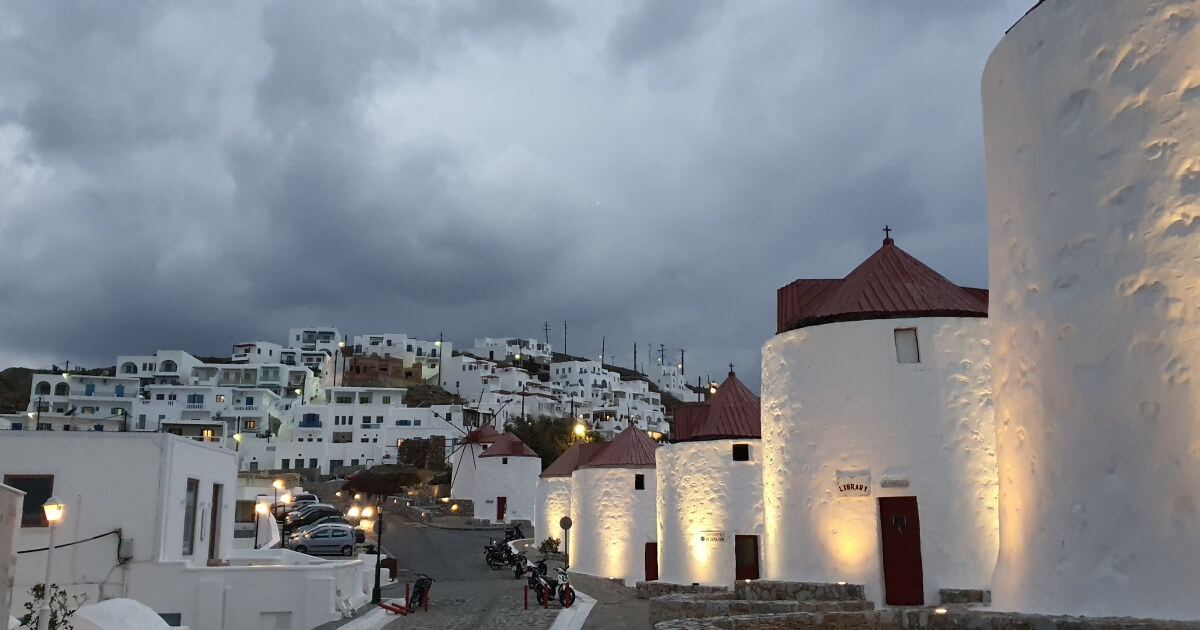While all countries face the daunting task of meeting climate-change targets, Greece appears to have its work cut out for it. The European archipelago has just recovered from over a decade of debts, and its economy is heavily reliant on fossil fuels and conventional generation processes.
But that may change over the course of the current decade. A new power plant on the western end of Naxos, one of the country’s largest islands, is setting the pace for Greece’s adaptation of renewable energy measures.
The plant is hooked up to 180 miles of undersea cable, connecting Naxos to several smaller islands, including the renowned island destinations Mykonos and Santorini, which may switch from oil-powered generation to solar and wind-driven energy.
The long road to energy independence
Even the Greek mythological hero Hercules may be scratching his head about how this 10-million-strong nation aims to make the shift to clean energy, but experts and environmental advocates within the country all agree that this is the way forward.
Prime Minister Kyriakos Mitsotakis himself has stated that the growth of the Greek economy will be dependent on the nation’s independence where energy is concerned.
The agenda by which the conservative Mitsotakis was elected into power actually hinges on environmental awareness and the mitigation of climate change’s effect on the country.
Indeed, the Prime Minister expressed hope that Greece could become a prime example of how this shift to clean energy will positively affect the economy, specifically through employment generation and sustainable growth.
A necessary transformation
Those watching from the outside see Greece as a laboratory situation and are waiting to see whether or not the country can successfully shift from fossil fuels.
It will be a challenge, but it is necessary – even imperative – if Greece intends to bounce back from both the debt crisis and the economic impact of COVID-19. According to economic forecasts, the Greek economy is poised for a 6.1% rebound this year. However, the government notes the urgent need to draw in significant investments, particularly those related to renewable energy, to decrease the nation’s remaining debt and its current unemployment issues.
But while the benefits of going green cannot be denied, related initiatives have met a backlash. Those living in key tourist destinations fear that wind turbines may turn off tourists, while those from mining communities balk at the possibility of unemployment. Likewise, low-income households are wincing from the recent price hike for natural gas piped into homes.
It is an uphill climb, but even small steps are happening as Greece looks toward a carbon-free future and the possibility of a revitalized economy.














